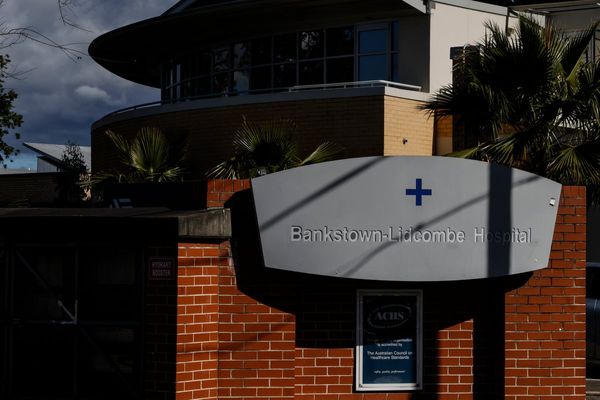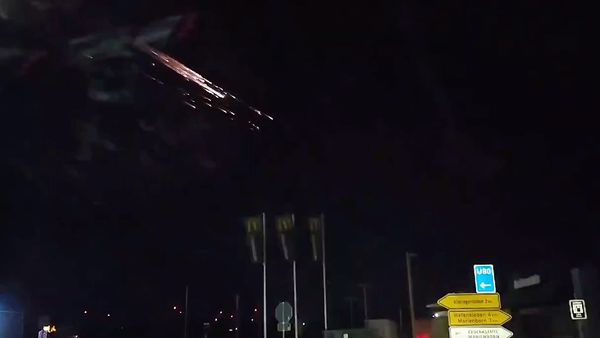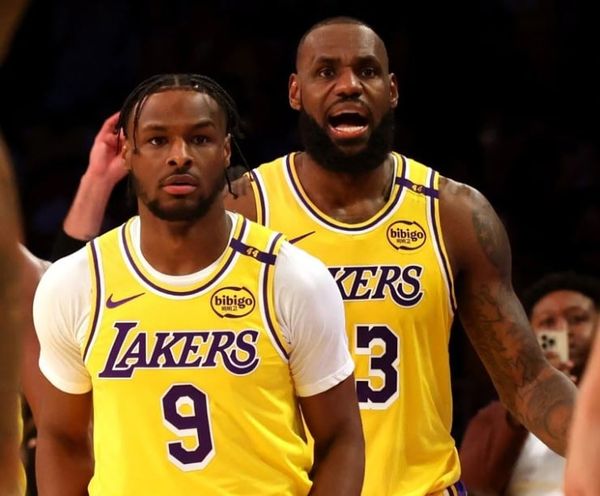
Chelsea owner Roman Abramovich has been sanctioned by the UK government, placing the club’s future under threat.
The Russian-Israeli billionaire has owned Chelsea since 2003, but he put the club up for sale last week amid the threat of being sanctioned following Russia’s invasion of Ukraine.
The government’s ‘oligarch taskforce’ has set about targeting those with links to the Kremlin and has sanctioned Abramovich due to his ties with Russian president Vladimir Putin, as well as his stake in the company Evraz PLC, which has been “potentially supplying steel to the Russian military which may have been used in the production of tanks”.
The government’s sanction paper explained: “Abramovich is associated with a person who is/has been involved in destabilising Ukraine & undermining/threatening territorial integrity, sovereignty & independence of Ukraine, namely Vladimir Putin, with whom (he) has had close relationship for decades.”
The prime minister, Boris Johnson, added: “There can be no safe havens for those who have supported Putin’s vicious assault on Ukraine. Today’s sanctions are the latest step in the UK’s unwavering support for the Ukrainian people. We will be ruthless in pursuing those who enable the killing of civilians, destruction of hospitals and illegal occupation of sovereign allies.”
Can Chelsea buy and sell players?
Abramovich’s UK assets have been frozen, meaning he cannot sell Chelsea, although he could apply to sell provided he does not receive the proceeds. The government will strive to ensure he cannot make any more money from the club.
Chelsea have been given special dispensation to continue operation due to the club’s important role in sport and society. Players and staff will continue to be paid, but the club cannot now sell additional tickets to those already sold.
Abramovich sanctioned
What it means for Chelsea
- no new tickets can be sold
- no players bought, sold or loaned
- no money recouped from merchandise sales
- reasonable expenses allowed for matches like travel, security and catering
- Future TV revenues can only be spent on essential operating costs
However, there is no explicit line on future transfers, only that existing obligations can still be met.
The government’s explanation of Chelsea’s licence says Chelsea can make “inter-club payments to discharge obligations which existed before 10 March 2022 under player loan/sale arrangements”.
This would indicate that only previously agreed payments can be made and received, meaning Chelsea are effectively under a transfer ban and that no new signings can be made either by transfer or loan.
It would also put into question whether fresh contracts can be offered to players whose deals expire at the end of the season, like captain Cesar Azpilicueta and fellow defenders Antonio Rudiger and Andreas Christensen.
The licence only extends until the end of May, so it is unclear what would happen after that date. The licence could be extended, or the situation with regards to the war in Ukraine may have changed.
Members of the Chelsea hierarchy are meeting government officials later on Thursday to further discuss the implications.







